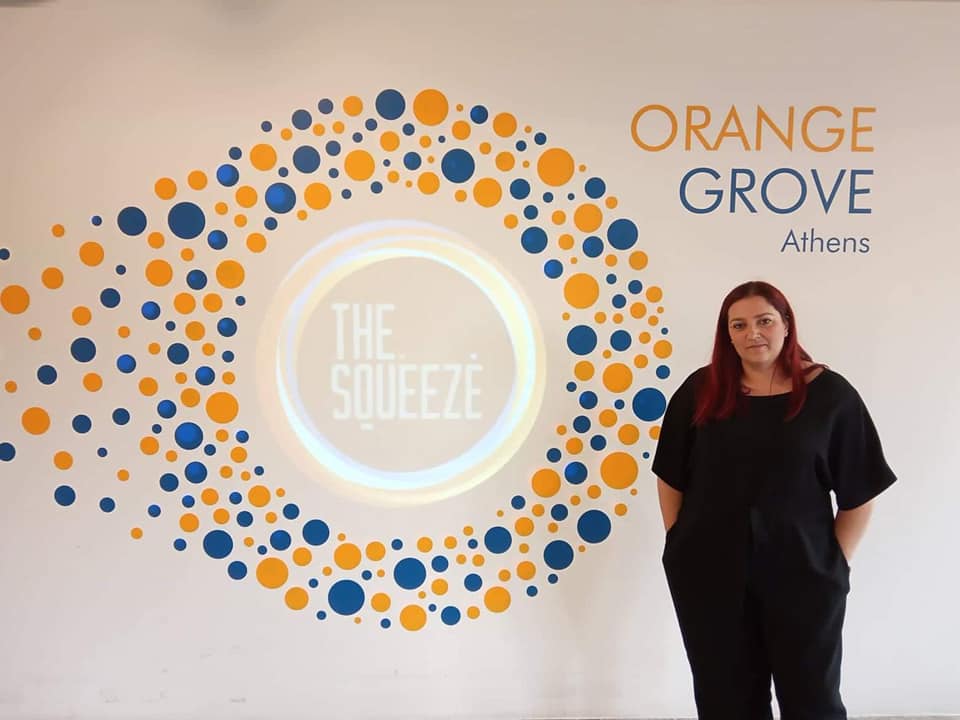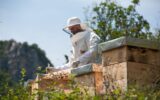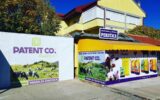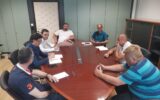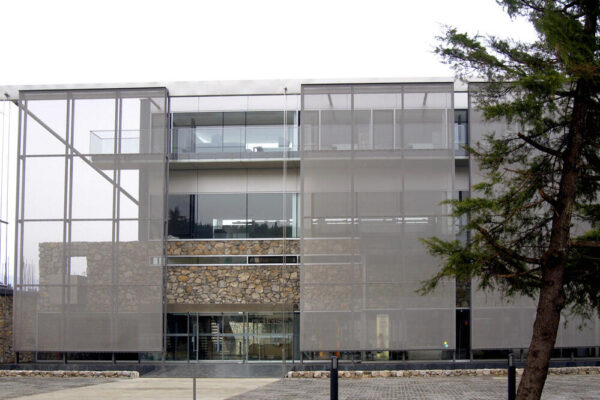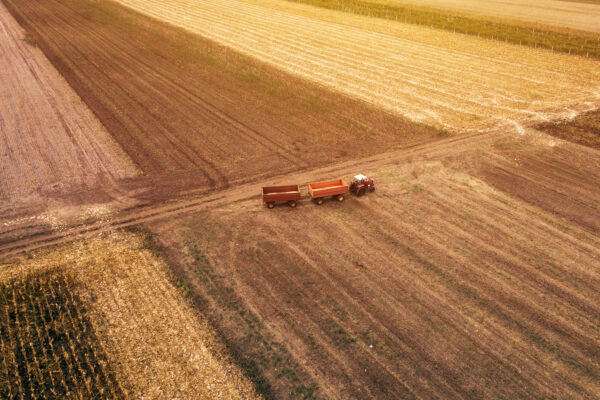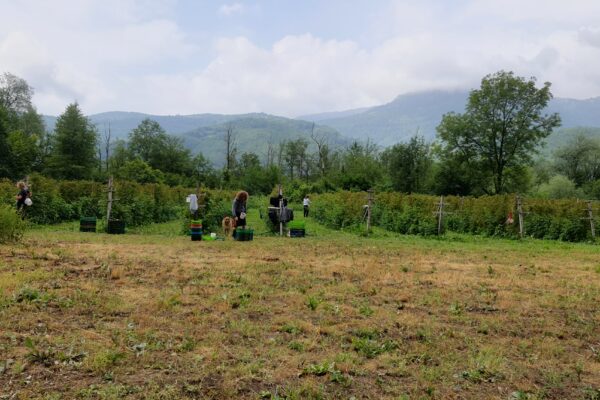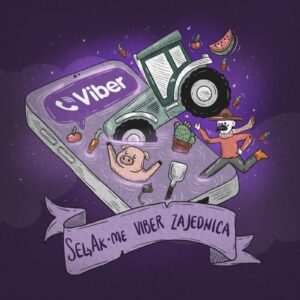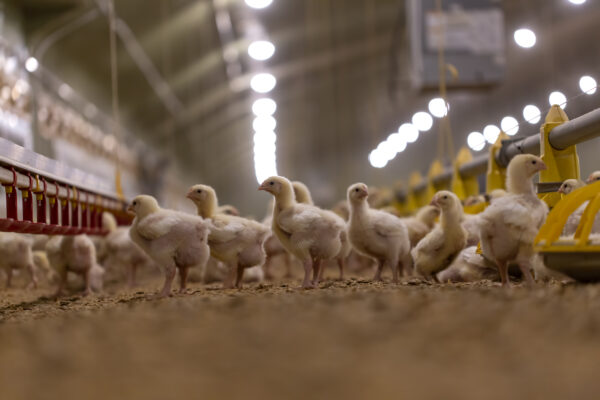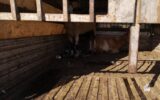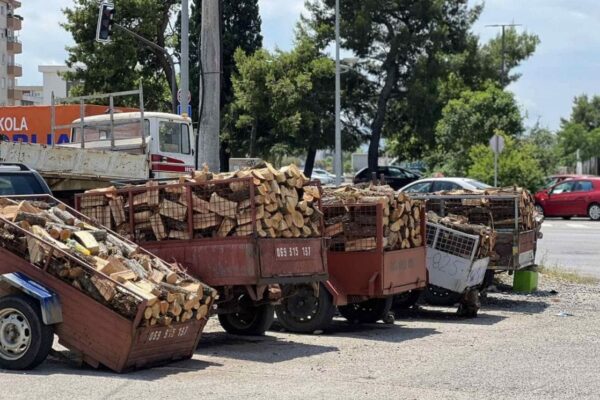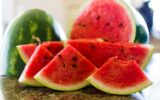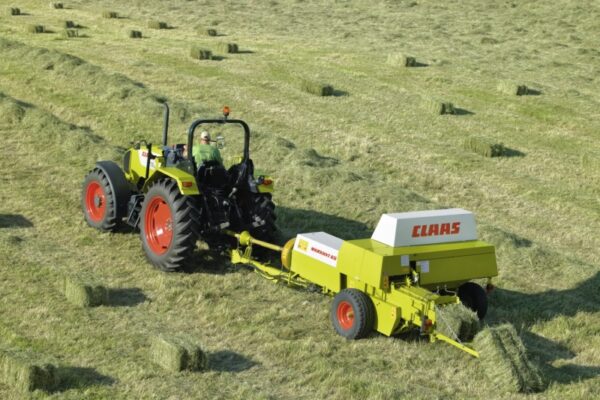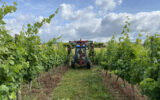“If you deconstruct Greece, you will in the end see an olive tree, a grapevine and a boat remain. That is, with as much, you reconstruct her. ” Odysseas Elytis, Greek poet.
The olive tree is directly connected with the history and culture of the Mediterranean, especially with Greece. It is believed to be the “golden” tree of the Mediterranean basin compared to other species that thrive in the area.
Unfortunately, the activities and attitudes of people towards nature have made negative impact not only on the environment but also on all of humanity. In the process of olive oil production (from harvest to the final product), olive leaves are considered waste. According to research, over 150,000 tons of olive leaves are discarded in Greece every year.
Liofyllo, a Greek startup, uses this agro-industrial waste that is generated after human activities and creates innovative, environmentally friendly material.
In order to acquaint our readers, especially olive growers, with the possible ways of using biowaste that is generated in this branch of agriculture, we talked to Aleksandra Makrigeorgu, the founder of the startup “Liofyllo”.
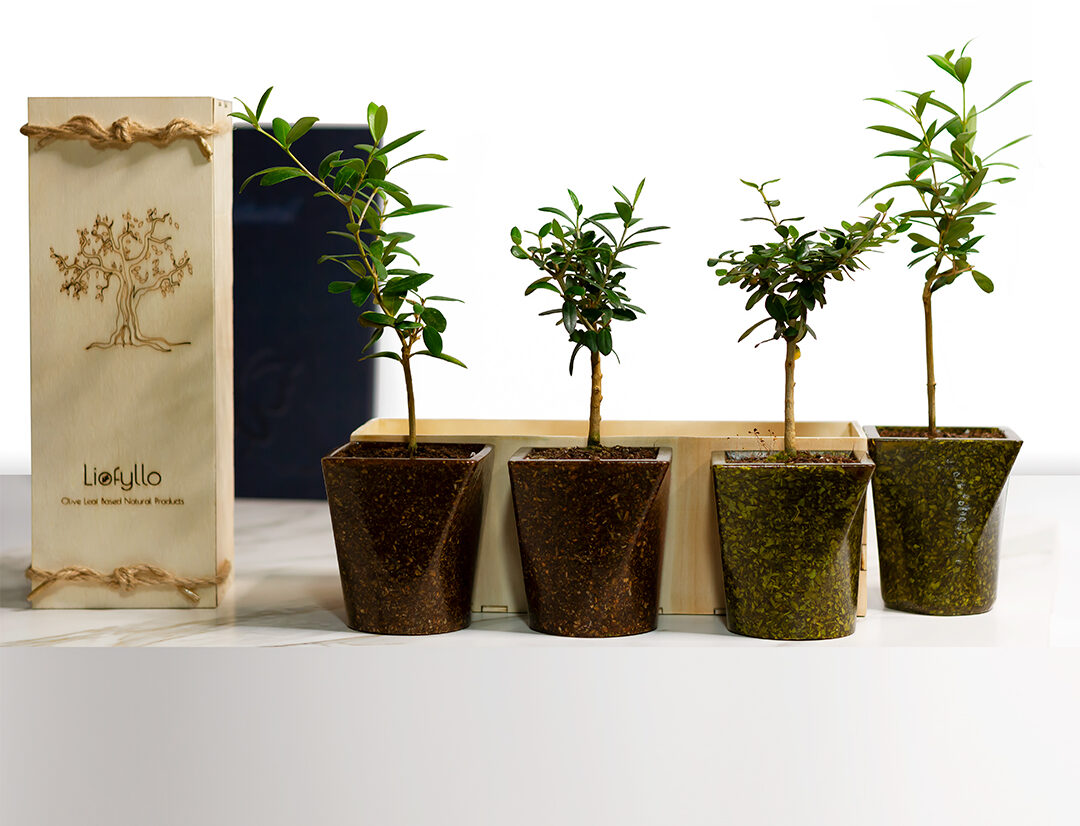
Tell us, for start, what exactly “Liofyllo” do and on what principles is based?
Liofyllo is an idiom to say olive leaf at Greek language. The Social Cooperative Enterprise, in harmony with the principles of the circular economy, creates a novel eco-friendly material from the untapped olive leaves. Its mission is to manage mostly the biomass of the olive leaves that is discarded during the production process of olive oil and replace materials which are not environmentally friendly (e.g. wooden panels, plastics, rocks, etc). This new material is used for a wide variety of constructions, artworks, products and objects in order to protect the environment and promote the Mediterranean and, in particular, the Greek culture. Until now, Liofyllo produces the Welia (as wooden panels) and Marelia (as tiles and marble) panels. In addition, it processes panels that are destroyed during the production and reuses them as raw material to create unique pieces of art. The products work as special souvenirs, awards, memorabilia and artworks.
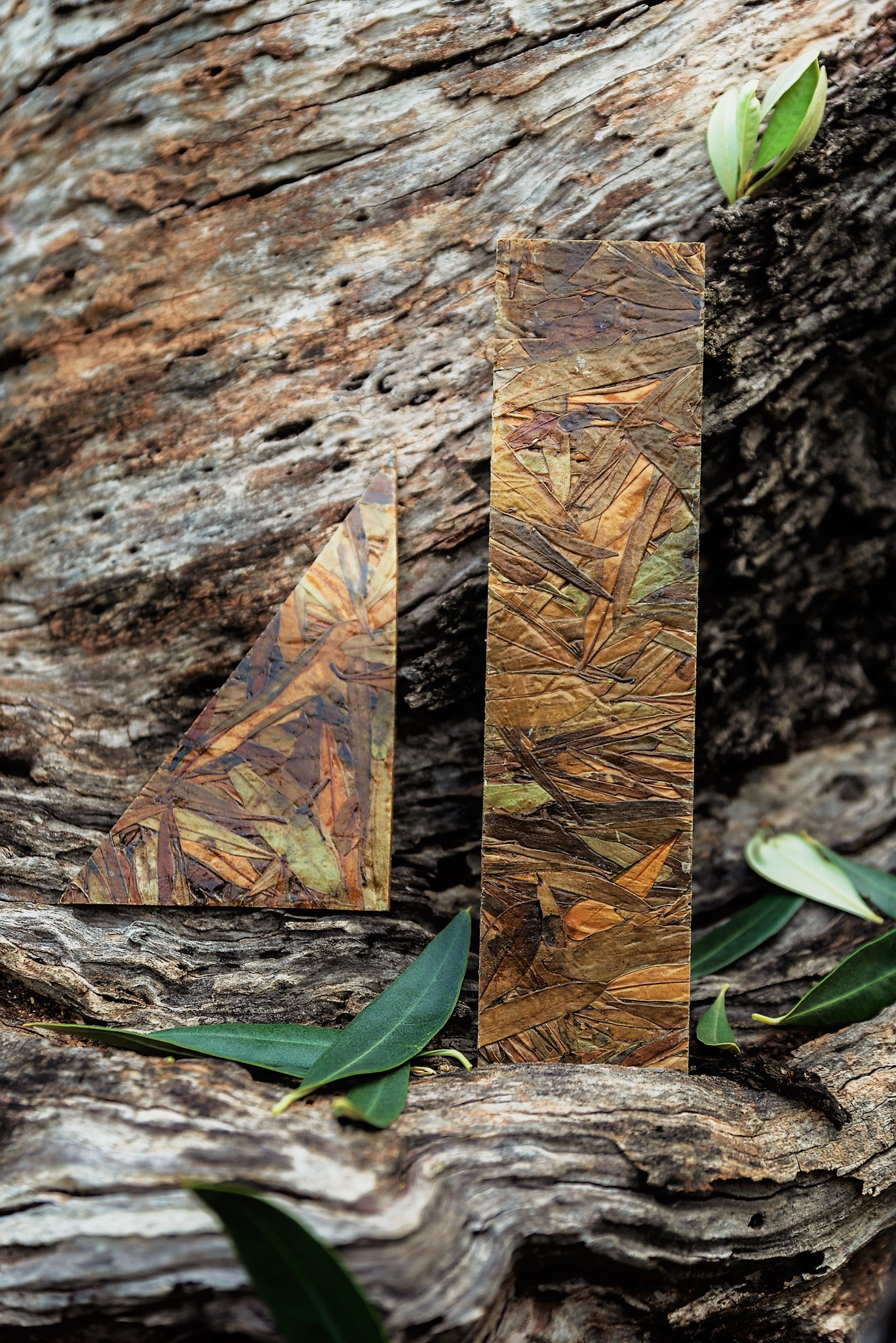
Where did the idea for starting this kind of venture come from? Was the beginning conditioned by the desire to contribute to the preservation of the environment or are the motives of a different nature? What is Liofyllo’s vision?
My desire to do my own business, my husband’s research on start-ups due to his PhD and the fact that our house is surrounded by an olive grove were the stimulus for Liofyllo’s birth. Knowing the olive oil producing process, we recognized the problem for which there was no solution for the benefit of the environment and therefore human.
Liofyllo’s vision is the creation of competitive products that will be environmentally friendly, will glorify the diachronic values of the Mediterranean and especially the Greek culture and will show it to an enterprise of global prestige and scope, making it a landmark and a source of inspiration for the development of such new companies with sensitivity and respect for the environment, culture, humanity and the sustainability of the global ecosystem.
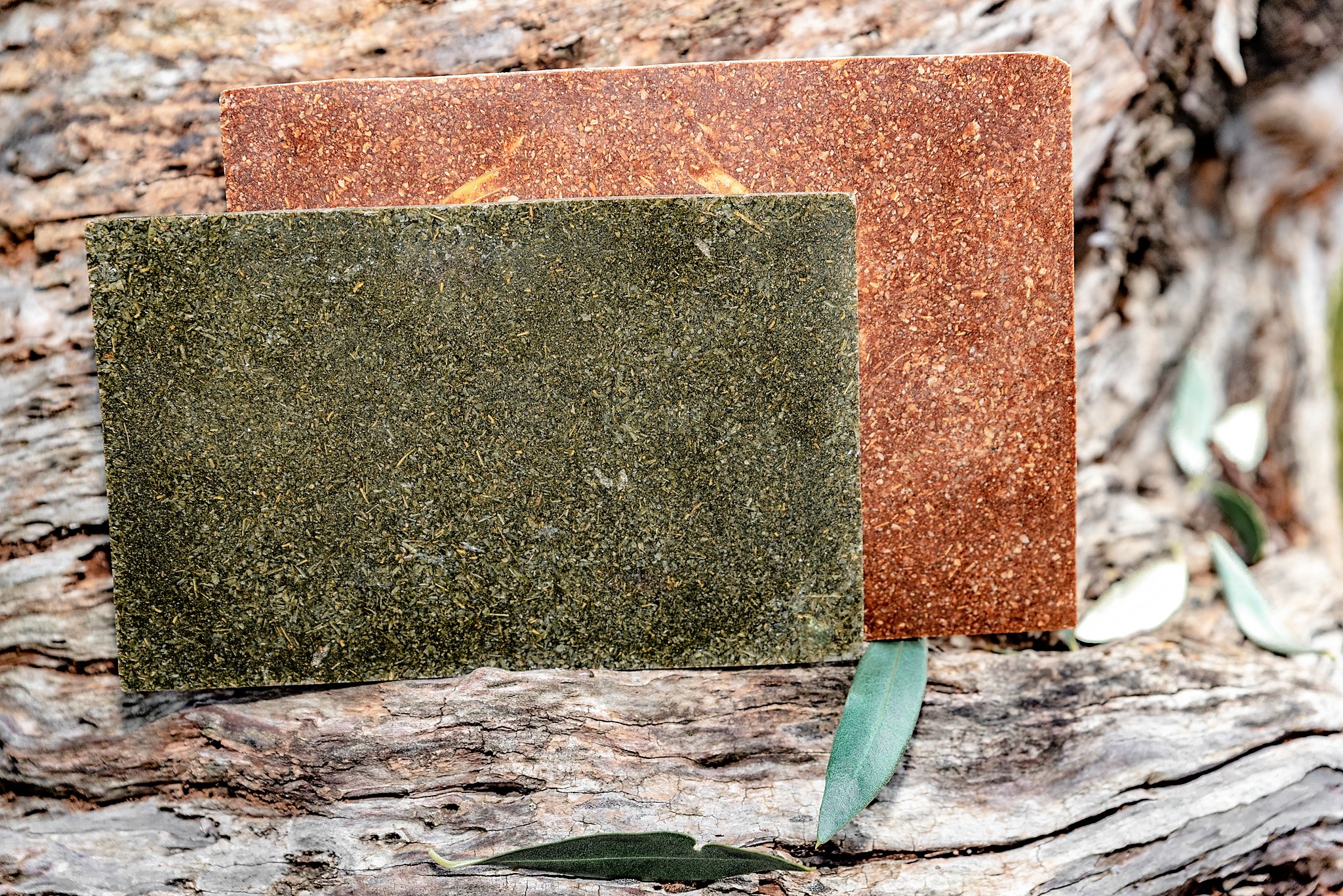
Since your establishment until today, how much biowaste have you managed to process? What comes out of your company’s product line, are your products biodegradable?
So far, the Liofyllo team has managed 4 tons of olive leaf biomass and 620 kilos of olive wood. The production of panels is currently at pilot stage. Liofyllo seeks support with the hope of acquiring its own integrated production plant thereby increasing these numbers and maximizing environmental impact! For Welia panel there is a special sorting process. In particular, the leaves are arranged in such a way as to advance the material’s resilience. This panel is 100% biodegradable. Marelia panel is made of all forms of olive leaves either mixed together or of a single type and bio-based adhesives. All products, after natural wear out, can be recycled and reused as a new raw material.
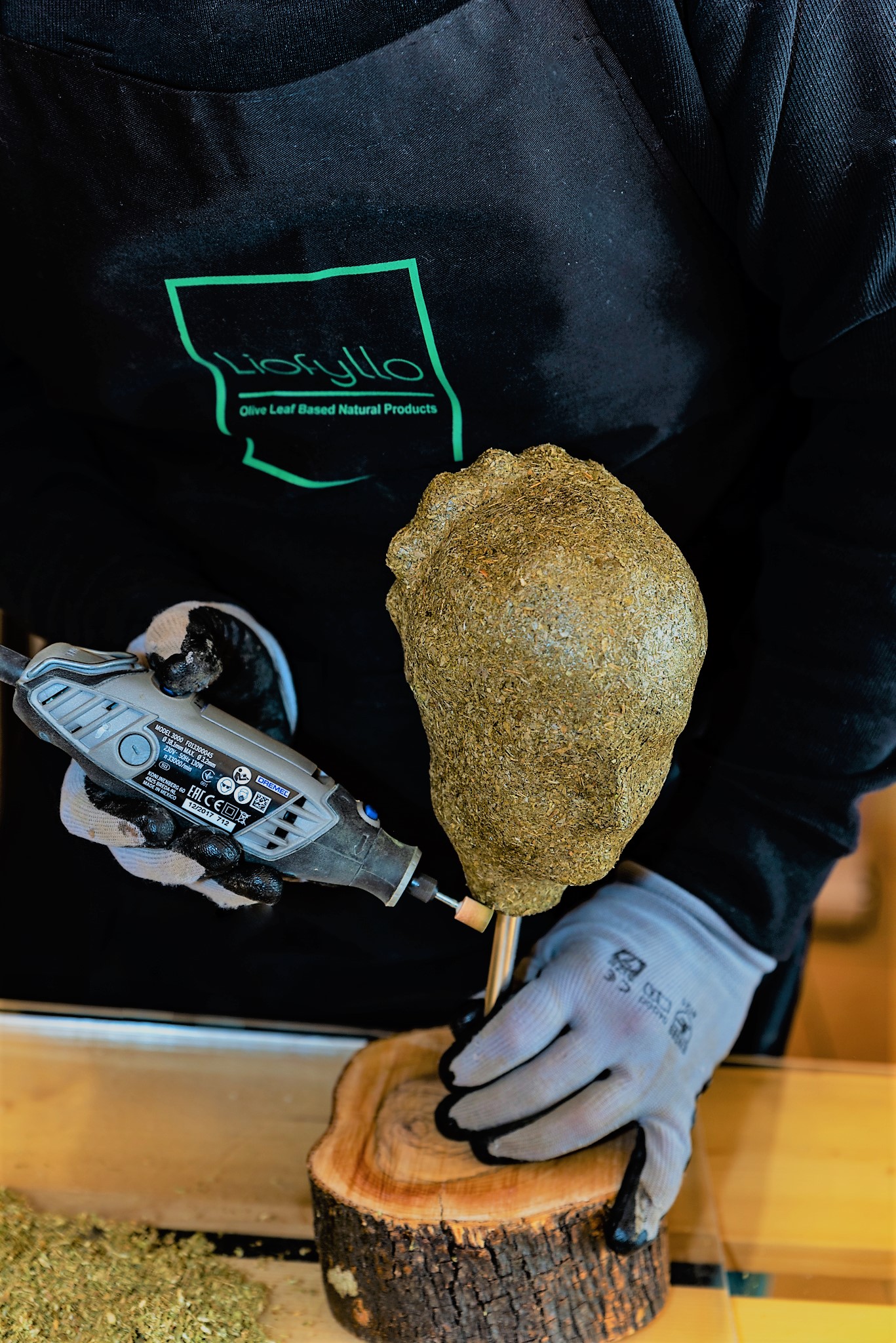
“Liofyllo” has a patented technology of olive leaf management, what most consider biowaste, giving it a different dimension and value. Would you, within the limits allowed by the patent, acquaint us with the technology of processing leaves and other olive waste?
The only certainty is that we didn’t discover the wheel. Our innovation lies in the use of olive leaf. Although there are many companies that utilize untapped natural raw materials, Liofyllo is the only enterprise that manages this agricultural waste in this way. The technologies, which are used, based on pre-existing forms with some of our own variants mainly in the mechanical equipment.
Where do you get inspiration for items created as a final product?
Our inspiration comes, mainly, from Greek culture. The physiognomy of a nation is fundamentally founded, among other things, through its relationship with the surrounding ecosystem. And if we had to give the stigma of Greek nature, naming some fruitful trees that influenced socio-economic evolutions, the first place is undoubtedly claimed by the olive tree. Also, some products were inspired and created by the respective collaboration that emerged.
How does Liofyllo affect the local community?
Through the participation in events, exhibitions and conferences, the goal is to awaken the eco-consciousness of citizens and to inform organizations and institutions about the actions they have to take for a greater environmental and social impact. in addition, another goal is, through the development of our brand, inspire others to engage in green entrepreneurship. The environmental results arising with the development of the production unit as it would eliminate phenomena such as pollution of the atmosphere by combustion of the branches and leaves, congestion landfill etc.

Montenegro is a Mediterranean country that has olive groves along its coast. Does “Liofyllo” cooperates with olive growers from the region and in what way is it possible to establish cooperation, who can be the holder of the certificate?
Liofyllo is without question a breakthrough in the field of green materials, especially for the Mediterranean basin. The philosophy of our team is that “together we can“. Many ways of callaboration can be found on win-win terms for both parties. Maybe a European program based on innovation and the olive sector or a collaboration with municipalities and oil mills would be a great way to transfer our know-how to olive growers.
What is your message to our readers?
It is an urgent need for every citizen to adopt the circular model of consumption and production. It’s the only way to ensure the sustainability of the ecosystem and save our planet.

